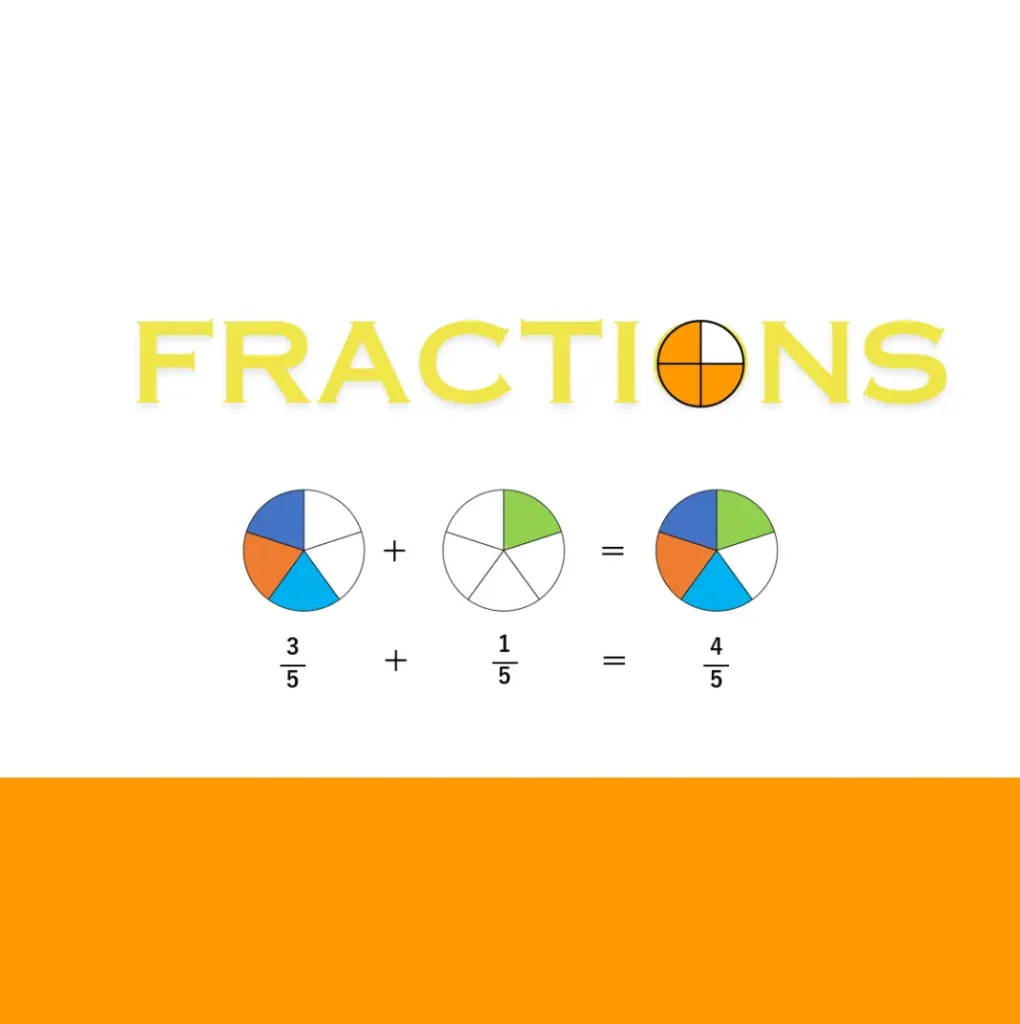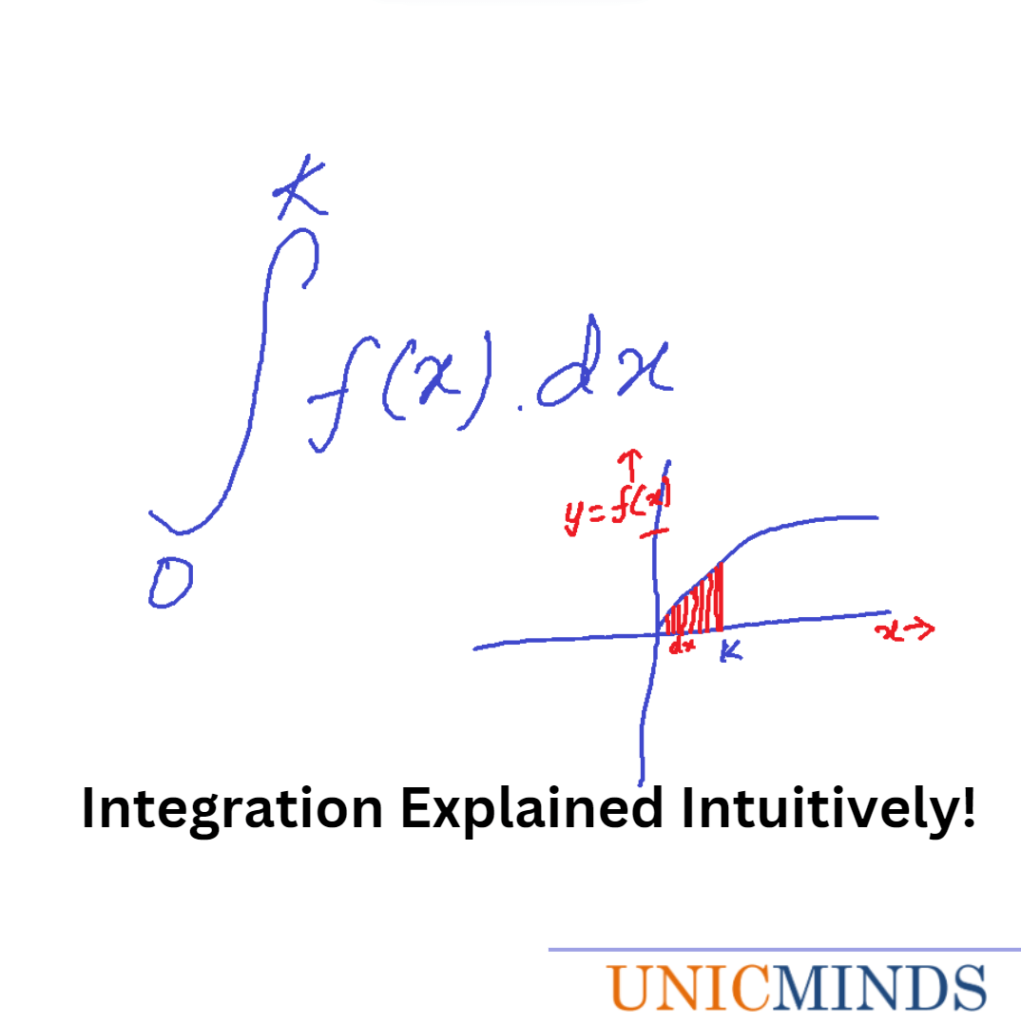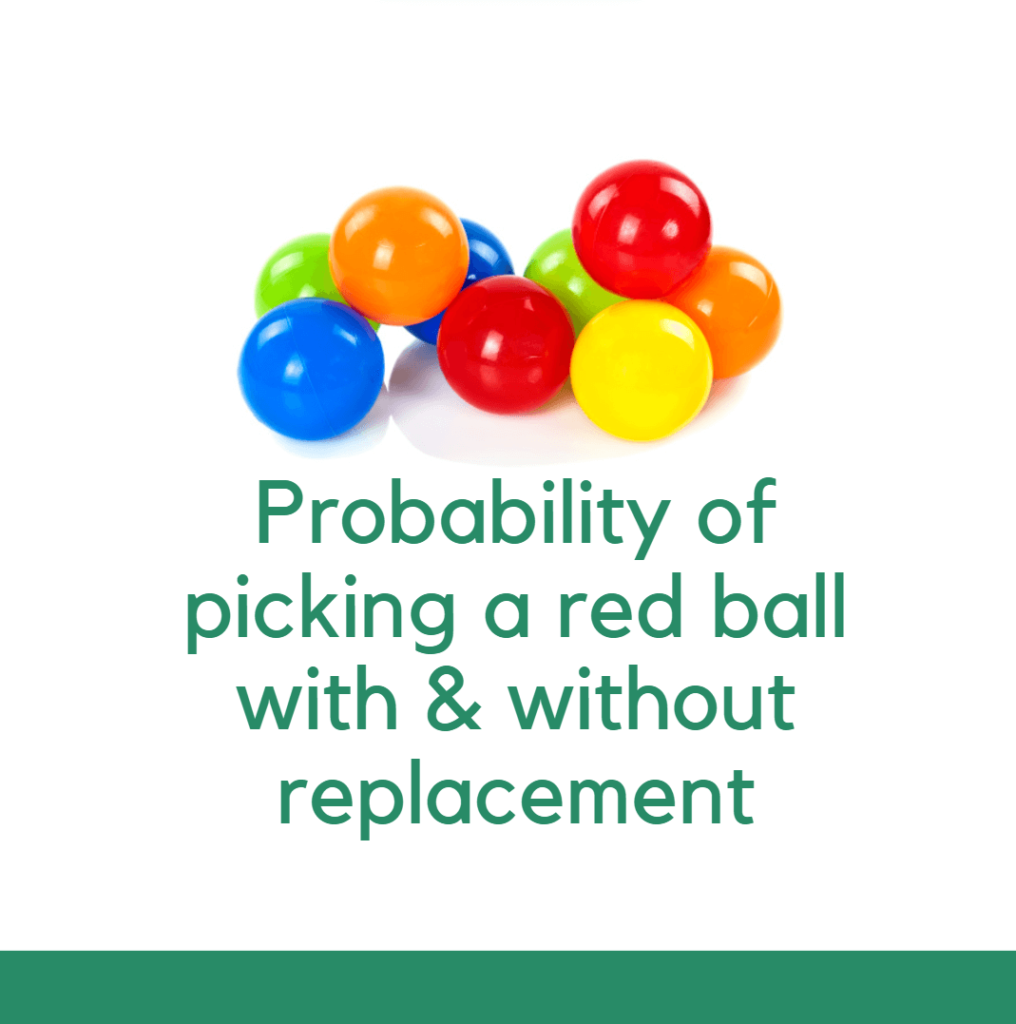Fractions can represent parts of a group or parts of a whole. The terms that we use for fractions are the “numerator” and the “denominator.” The numerator is the number of parts that we have and the denominator is the total number of parts that make up the whole.
Let’s look at an example:
We have different shapes and we’ll divide each one of them into a number of equal parts, which is the denominator.
The number of colored parts is the numerator.
Main types of Fractions

Question 1:
Simplify 15/16 – 11/12
Question 2:
A bucket contains 24 ¾ litres of water. How many ¾ litre of jugs can be filled from the bucket to get it emptied.
Question 3:
A carton contains 40 boxes of nails and each box weighs 3 ¾ Kgs. How much would a carton of nails weigh?
Question 4:
Which of the following numbers are equal?
A). -9/12 and 8/-12
B). -16/20 and 20/-25
C). -7/21 and 3/-9
D). -8/-14 and 13/21
Question 5:
Arrange them in descending order 1/5, 3/7, 7/10, and 13/28.
Question 6:
If 60/75 is equivalent to 3/x, then what is the value of x?
Question 7:
If 5/7 = x/28, find the value of x
Question 8:
Write 5/8 as an equivalent fraction with a denominator of 24.
Hint: Equivalent fractions are the fractions that have different numerators and denominators but are equal to the same value.
Hope this is useful, thank you.
You may like to read: Decimals Practice Worksheet, Benefits of Math Tuitions, and Best CBSE Math Books for Class 10.




